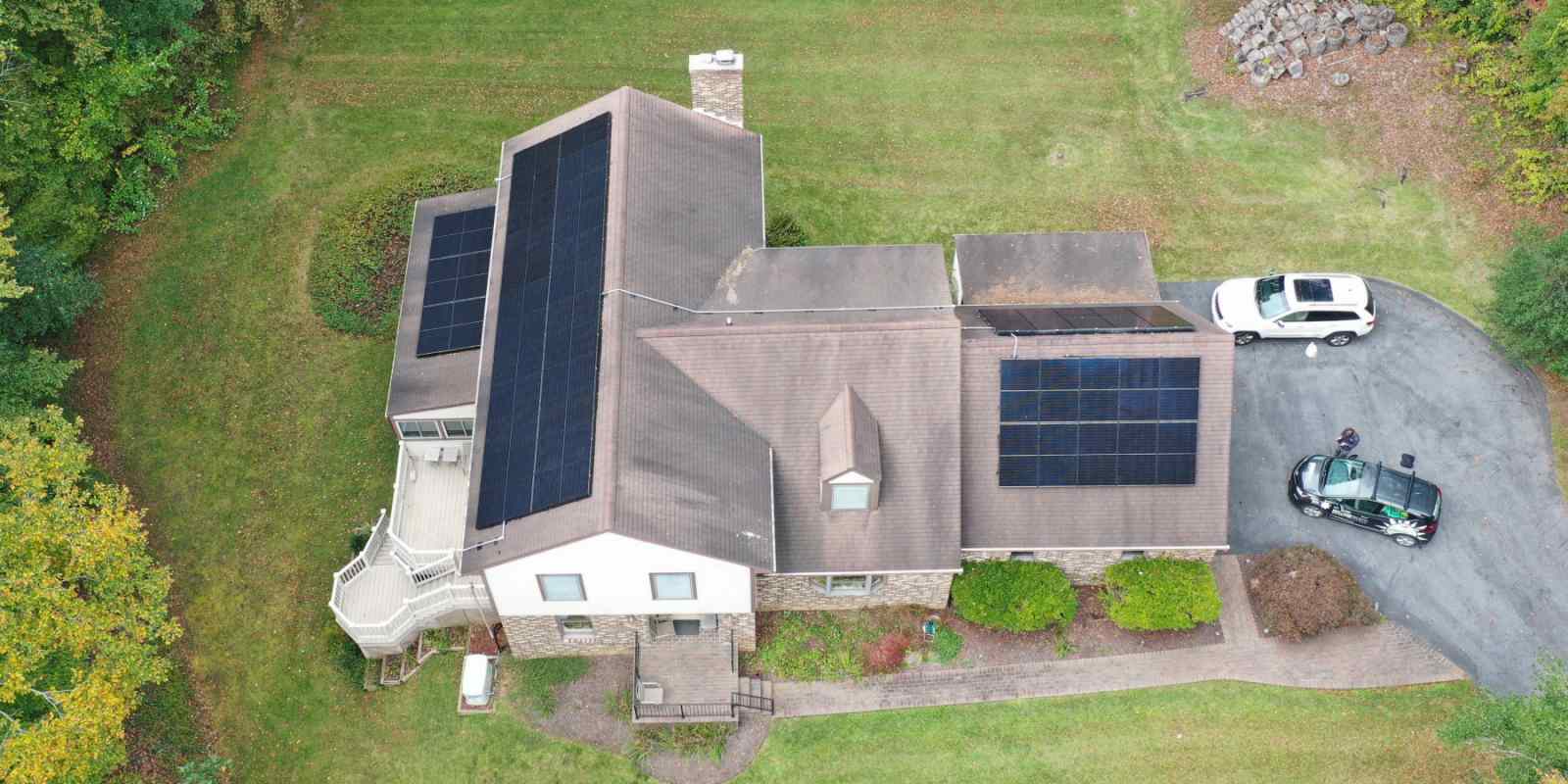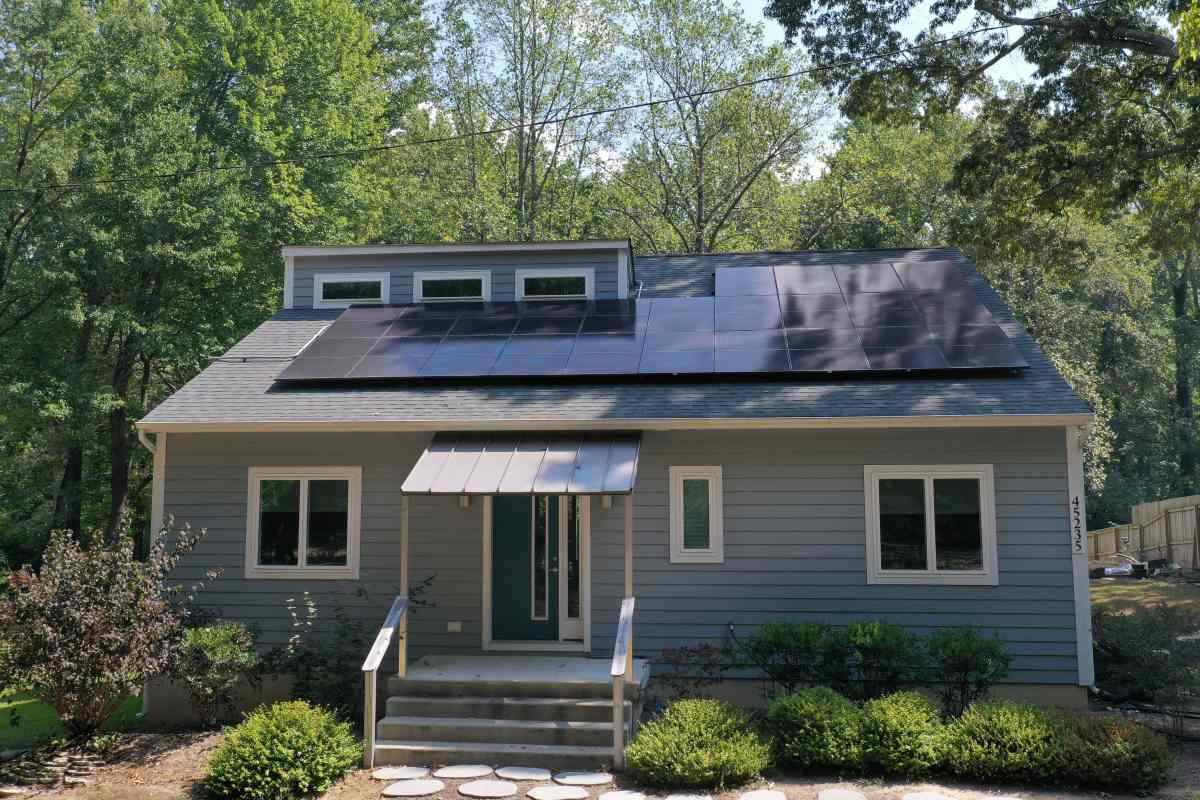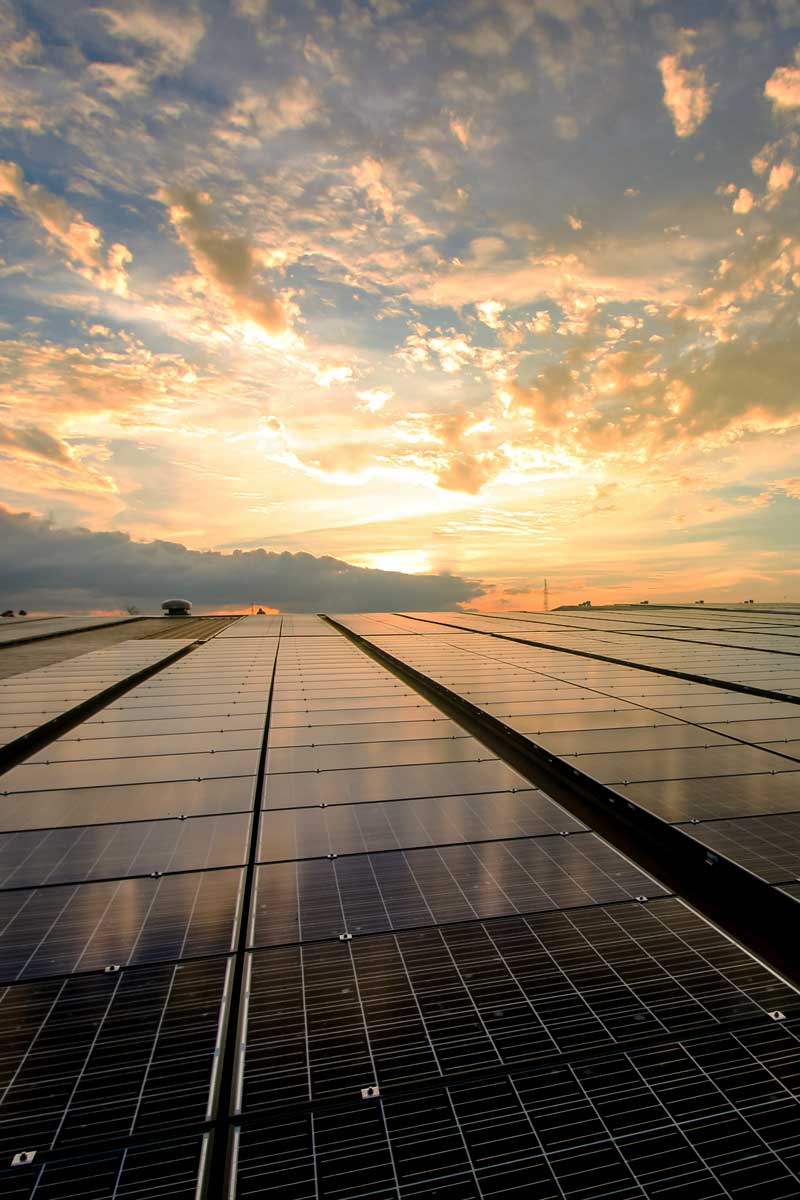Solar Incentives
Switching to solar energy is a fantastic economic and environmental decision. Solar rebates, as with federal and state incentives, play an important role in lowering some of the costs, making solar energy even more accessible to more people.
Take advantage of these opportunities to make the most out of your solar investment.
Looking at Solar Rebates and Incentives
Solar rebates, intended to reduce initial costs, can help make installing a solar energy system much more affordable. When combined with federal and state incentives, these rebates can help balance the investment.
As a business or homeowner in Southern and Western Maryland, you have access to various rebate programs that make solar energy more affordable.


Federal Solar Tax Credit
Known formally as the Investment Tax Credit (ITC), the Federal Solar Tax Credit allows you to reduce your federal tax liability by 30% of the cost of your solar installation. It’s available for both residential and commercial solar installations and offers a substantial reduction in your tax liability.
For businesses, the tax code allows for solar panels to depreciate over an accelerated period, five years, for an increased return on investment. We recommend discussing the Modified Accelerated Cost Recovery System (MACRS) with a tax professional.
Local and State Solar Rebates
In addition to federal incentives, Maryland offers rebates to all qualifying residents statewide to promote the use of solar energy. These programs provide financial support to help reduce the cost of your solar installation.
By taking advantage of these statewide rebates, you can further lower your overall investment, making the transition to solar even more affordable and appealing.
Net Metering
Net metering is a billing arrangement that allows your solar panels to supply any excess power they produce to the power grid. While the rate the utilities charge for electricity and the rate they are willing to pay you differ, there may be a small income generated depending on your consumption and production balance.
SREC Programs
(pronounced S – REX), are your chance to take part in the renewable energy trade market. The Renewable Portfolio Standard (RPS) requires utilities to receive a portion of their electricity from renewable energy. This is managed through credits. For every 1,000 kWh (1 MWh) of electricity produced, you earn roughly 1 SREC. The value of an SREC is determined by supply and demand as well as fees imposed on utilities for not meeting solar energy targets. Currently in Maryland, the market value of one credit is about $56. Therefore, a solar system that produces over 14,000 kWh could earn 14 SRECs at $56 = $784 per year in revenue paid to the solar system’s owner. We will register your system and help you participate in this exciting and lucrative program.
Maryland Property Tax Exemption
Due to a series of Maryland legislative acts, solar systems are exempt from state and local property tax assessments. This means you can add value to your home or business without adding additional tax liability. No other home improvement or business property improvement can do that for you while it is also reducing cost and generating income. More details are on the Energy Department’s website and we always recommend discussing your unique case with a tax professional.
Modified Accelerated Cost Recovery Section
For businesses, the tax code allows for solar panels to depreciate over an accelerated period, five years, for an increased return on investment. We recommend discussing with a tax professional.
Consultation and Solar System Design
Start with a consultation to determine how viable solar is for your home. A detailed analysis will determine the best system size and design for your needs, delivering maximum efficiency while making you eligible for rebates. Your solar provider will guide you through this initial phase to set the foundation for your solar project.
Installation and Paperwork Submission
Once your solar system’s design is complete, the process moves to the installation phase. Your provider will handle every part of the installation process to make sure your system meets the necessary standards for rebates.
After installation, they will submit the required paperwork to the appropriate agencies and utility companies to secure your rebates.
Post-Installation Monitoring
After your system starts operating, it’s important to monitor its performance consistently. Continuous monitoring keeps your system operating at peak efficiency, helping you maximize the financial benefits of your solar investment.

Explore Financing Options
If you’re worried about the initial investment, look at the different financing options available for solar installations. Loans, leases, and power purchase agreements (PPAs) all provide greater flexibility in funding your solar project, making it accessible to more homeowners.
Maximize Your Solar Investment
To maximize your solar investment, consider investing in some additional energy-saving measures. Combining solar with energy-efficient upgrades to your home can reduce your overall energy consumption and increase your savings.

Take the Next Step Toward Solar Savings
Don’t let concerns over upfront costs prevent you from reaping the many financial and other benefits that come with solar energy. Thanks to the right rebates and incentives, solar power is more accessible and inexpensive than it’s ever been. Get started on the path to energy independence today.
Get a Quote
We’re excited to get to know you and your project.


